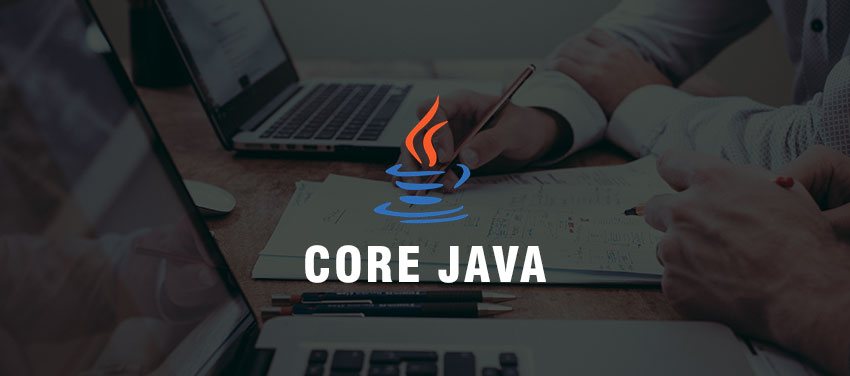
Java commonly referred to as the father of all programming languages is a very important and highly trending course at SourceKode Institute. It involves object oriented programming and is used to master additional softwares in web, desktop serverside as well as in mobility.
Java was designed to be easy to use and is therefore easy to write, compile, debug, and learn than other programming languages. Java allows you to create modular programs and reusable code.
It is one of the best languages for beginners to learn. It is also opensource and free to use, hence it’s adopted by many companies world-wide.
Syllabus Updates : Since each new updates of Java has new features, we keep adding upgrading our syllabus every 6-12 months to accommodate for advancement. Some topics can be omitted from syllabus without prior notice as they might be redundant or not relevant to the batch being trained. You can request any Java Topic.




Register For Demo Lecture
